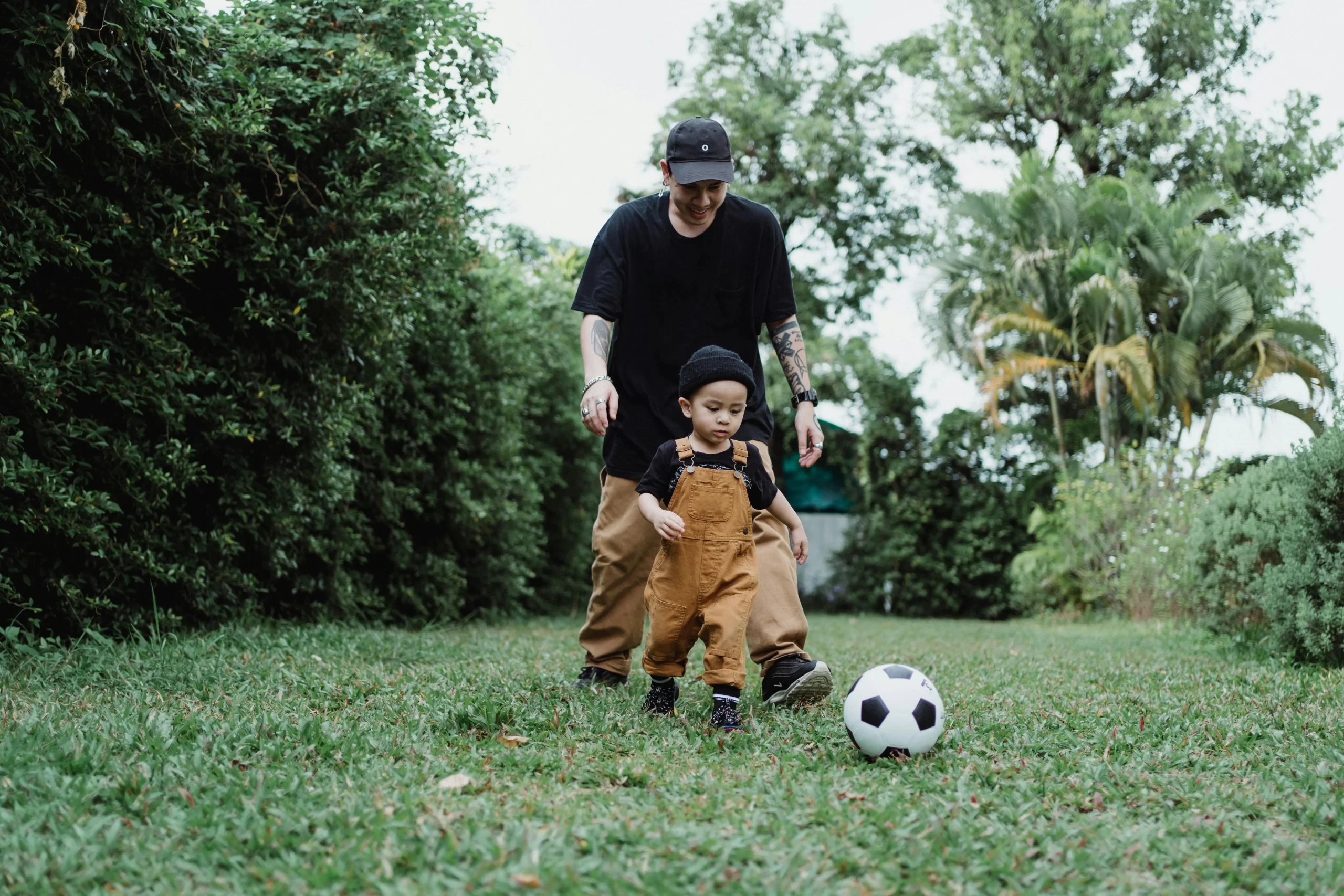Supporting Your Child’s Social Life is Important
As a parent of an athlete, you want the best for your child. You cheer them on during competitions, help them practice, and support their passionate pursuit of sports. But amidst the hustle and bustle of practices, matches, and tournaments, it’s easy for you and your child to overlook the significance of their social life. While developing athletic skills is vital, ensuring that your child maintains friendships and enjoys a balanced social life is equally important for their overall well-being. In this blog post, we will explore why fostering your child’s social life is essential, identify challenges they might face, and provide practical steps you can take to help your child strike that crucial balance.
The Importance of a Social Life for Young Athletes
Engaging in sports offers your child numerous benefits—teamwork, discipline, and physical fitness. However, the intense schedule can lead to several drawbacks, including:
- Isolation: Your child may become so engrossed in their sport that they miss out on social opportunities with peers.
- Burnout: An all-sports focus might lead to fatigue, both mental and physical, which can contribute to a decline in their passion for the game.
- Limited Skills Development: Socializing helps children develop essential life skills, such as communication, empathy, and conflict resolution.
To create a well-rounded experience for your child, it’s vital to address these challenges head-on. Here’s how you can support your child’s social life while allowing them to pursue their athletic dreams.
Steps to Foster Your Child’s Social Connections
1. Encourage Balanced Scheduling
When sports start to dominate your child’s calendar, it’s time to take a step back and evaluate their daily routine. Help your child create a balanced schedule that includes time for both practice and social activities. Here’s how to do it:
- Assess Time Commitments: Identify how much time your child spends on sports versus social activities.
- Schedule Social Outings: Carve out specific days and times for socializing, whether that’s a movie night, hanging out at a friend’s house, or joining clubs.
- Prioritize Flexibility: Remind your child that it’s okay to skip a practice occasionally for a social event; flexibility nurtures relationships and prevents burnout.
Remember to check in regularly to see if adjustments are necessary, reinforcing that a well-rounded life is important.
2. Promote Team Bonding Events
Your child’s team can become more than just a place to practice; it can also be a hub for friendships. As a parent, you can encourage team bonding through these steps:
- Organize Social Events: Consider arranging team outings, such as bowling, picnics, or community service projects. These activities create lasting memories outside of the typical practice environment.
- Encourage Group Study Sessions: If applicable, suggest your child invites teammates over for a study session. This dual-purpose activity enhances camaraderie and strengthens academic performance.
- Foster Open Communication: Encourage your child to reach out to teammates beyond practice; a simple text or call can go a long way in building friendships.
When team members develop friendships, they value each other’s presence, leading to enhanced teamwork and improved morale.
3. Support Extracurricular Activities
If your child has an interest in other activities, encourage them to explore these options alongside sports. Supporting diverse interests helps prevent over-specialization in sports and promotes social engagement. Here’s how:
- Explore Clubs and Organizations: Help your child find clubs that align with their interests, such as art, music, or academic groups. Engaging in various environments broadens their social circles.
- Mix Sports with Other Interests: Is your child interested in theater, band, or a new language? Encourage participation in programs that might occasionally conflict with sports, teaching your child to prioritize their passions.
- Facilitate Friendships Through Hobbies: Suggest inviting friends from different realms into these activities, fostering a blend of social circles.
When your child develops skills beyond sports, they become more versatile, building resilience and adaptability.
4. Create Family Social Events
Family also plays a vital role in your child’s social life. Organize family events that encourage interaction with friends and peers:
- Host Parties or Game Nights: Inviting your child’s friends over for a casual gathering fosters connections in a comfortable setting.
- Plan Outdoor Excursions: Organize family trips that invite friends along. Whether it’s a hike, a beach day, or even volunteering together, these experiences create shared bonding moments.
- Show Enthusiasm for Their Friends: Always express interest in your child’s friendships; allowing your child to share stories or experiences reinforces that you value their social connections.
By setting up familial social opportunities, you strengthen the support system surrounding your child.
5. Regularly Check In with Your Child
Keeping the lines of communication open is one of the best ways to support your child’s social life. Take the time to:
- Ask About Friendships: Inquire how things are going with their friends, both in sports and outside. Listen actively and encourage sharing feelings.
- Discuss Their Interests: Convey genuine interest in their hobbies or newfound friendships, reinforcing your support for their diverse pursuits.
- Support Problem-Solving: If your child expresses difficulty in managing both sports and social life, help them devise a plan. Offer strategies for crisis management, encouraging them to reach out for help when needed.
Checking in shows that you care about their happiness and well-being, enhancing their self-esteem.
Conclusion
Supporting your child’s social life while they pursue their passion for sports may seem challenging, but with the right strategies, it’s entirely achievable. Encourage balanced scheduling, promote team bonding, support extracurricular activities, create family events, and regularly check in on your child’s emotional well-being. By taking these steps, you’ll help your child cultivate friendships and experience joy outside of sports, fostering a well-rounded and fulfilling life.
So, if you haven’t yet, take a moment to assess your child’s current balance of social life and athletic commitments. Engaging in open discussions about their needs or scheduling a social outing can make a significant difference. Your child’s happiness and well-being hinge on these connections and experiences, so let’s work together to foster a brighter, more balanced future for them!




